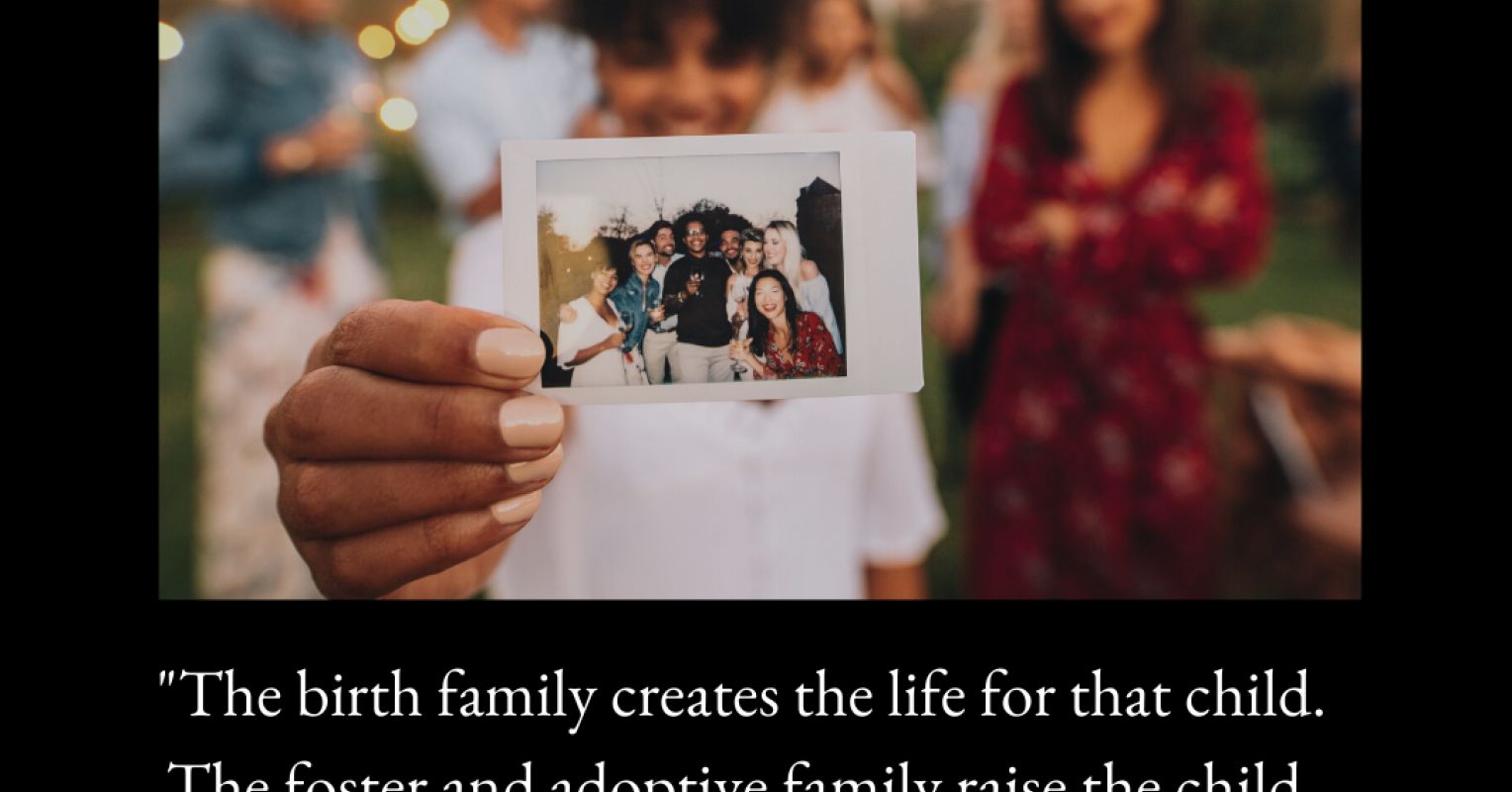
"Throughout this month, I'll be spotlighting a series of articles exploring the emotional, developmental, and relational layers of adoption, because adoption is not a one-time event; it's a lifelong journey of searching for identity and belonging.Adoption is often framed as an act of love, and it can be, but it's also a lifelong commitment that demands emotional readiness, humility, and ongoing self-awareness."
"Adoption begins with loss. Every adopted child has experienced separation trauma from their biological family, an event that profoundly shapes their nervous system and worldview. Research shows that children adopted at birth or from foster care are significantly more likely to access mental-health services than their non-adopted peers.Reflection: Readiness means accepting that this isn't "starting over." It's joining a child whose story began long before yours - one that includes both pain and potential."
"Are you adopting to heal yourself or to help a child heal? Many prospective parents often carry their own history of loss, infertility, or trauma. Studies suggest that unresolved grief can complicate adoption outcomes by influencing expectations and emotional attunement.Reflection: If your deepest motivation is to "fill a void," the child may unconsciously become responsible for your healing. True readiness means separating your needs from theirs and committing to"
November marks National Adoption Month and centers the experiences of adoptees, birth parents, and adoptive families. Adoption is presented as a lifelong journey of identity and belonging rather than a single event. Prospective parents must recognize that adoption begins with loss and separation trauma, which can shape a child's nervous system and increase mental-health needs. Many hopeful parents carry their own grief or infertility, and unresolved loss can affect expectations and attunement. Readiness requires distinguishing personal healing needs from the child's needs, accepting a child's prior story, and committing to sustained emotional work.
Read at Psychology Today
Unable to calculate read time
Collection
[
|
...
]